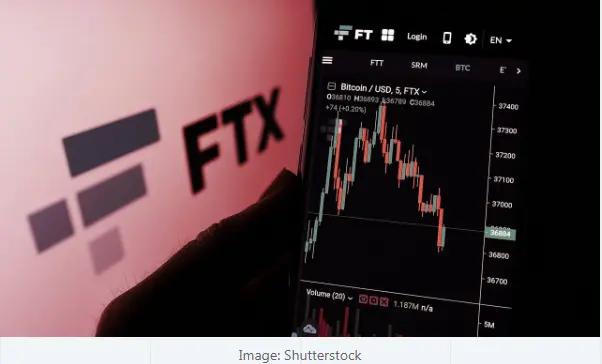
Following the collapse of FTX and Alameda Research, crypto trading platforms are rushing to show that clients’ assets are safe and not being used for speculation, but “proof of reserves, at least in the form they’ve been suggested, have too many shortcomings to inspire confidence,” Bank of America (BAC) said in a research report Thursday. The bank notes that many exchanges have already reported, or are planning to report, their assets through proof of reserves using Merkle Trees. These are efficient data structures called “hash trees” that can be securely verified. They behave as a map of customers' funds and work even when reserves become complicated. Among the shortcomings, assets are shown at a fixed point in time, which gives opportunities for manipulation, such as borrowing assets right before the snapshot is taken, the note said. In addition, proof of liabilities is required to determine leverage and the safety of assets, and proof-of-reserve procedures often rely on third-party audit firms that can be manipulated or “may even be created by the trading platform itself,” the note added. And, even if users notice asset-liability mismatches, there is no stop button. Stablecoin reserves also need to be audited and not just displayed. Stablecoins are a type of cryptocurrency whose value is pegged to another asset such as the U.S. dollar, and are the equivalent of cash in the crypto world. Whilst not a shortcoming of proof of reserves, the crypto industry also needs a clear delineation between trading platforms and market makers, the report said. Most importantly, it needs regulation, the bank said, adding that FTX’s regulatory status in the Bahamas means it is unclear if founder and former CEO Sam Bankman-Fried violated any laws, given that FTX was not regulated as a broker dealer. By Will Canny, IconNov 18, 2022, https://www.coindesk.com/tech/2022/11/18/bank-of-america-says-crypto-exchanges-proof-of-reserves-have-too-many-shortcomings/




